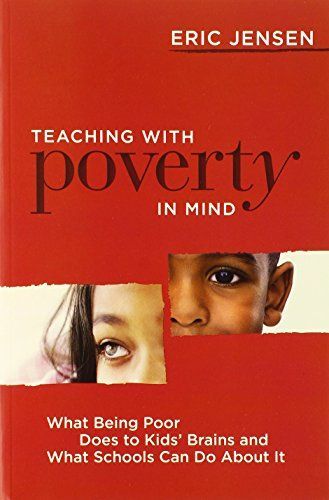
Teaching/Engaging with Poverty in Mind Two Book Set
This two-book set provides practical insights into the effects of poverty on learning and what strategies teachers can use to better engage students in the face of these difficulties. In Teaching with Poverty in Mind: What Being Poor Does to Kids' Brains and What Schools Can Do About It, veteran educator and brain expert Eric Jensen takes an unflinching look at how poverty hurts children, families, and communities across the United States and demonstrates how schools can improve the academic achievement and life readiness of economically disadvantaged students. Jensen argues that although chronic exposure to poverty can result in detrimental changes to the brain, the brain's very ability to adapt from experience means that poor children can also experience emotional, social, and academic success. A brain that is susceptible to adverse environmental effects is equally susceptible to the positive effects of rich, balanced learning environments and caring relationships that build students' resilience, self-esteem, and character. In Engaging Students with Poverty in Mind: Practical Strategies for Raising Achievement, Jensen digs deeper into engagement as the key factor in the academic success of economically disadvantaged students. Drawing from research, experience, and real school success stories, this book reveals smart, purposeful engagement strategies that all teachers can use to expand students' cognitive capacity, increase motivation and effort, and build deep, enduring understanding of content. Too many of our most vulnerable students are tuning out and dropping out because of our failure to engage them. This timely resource will help you take immediate action to revitalize and enrich your practice so that all your students may thrive in school and beyond.